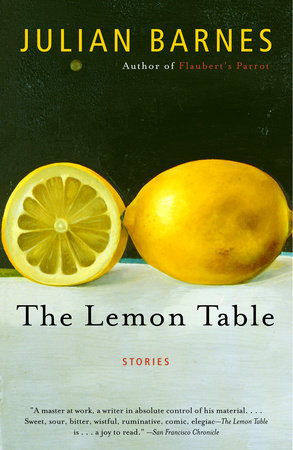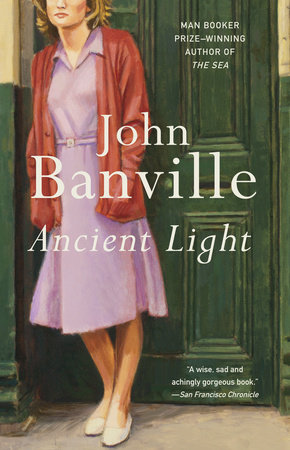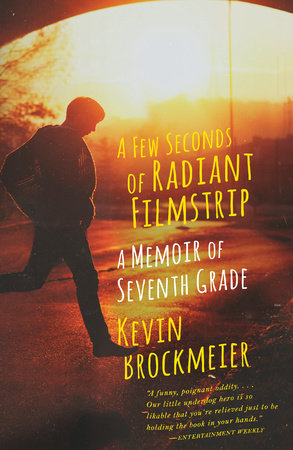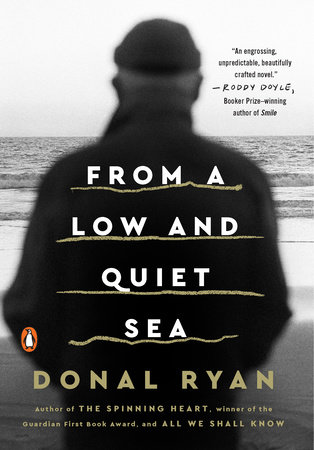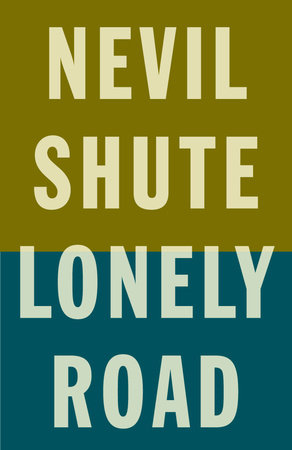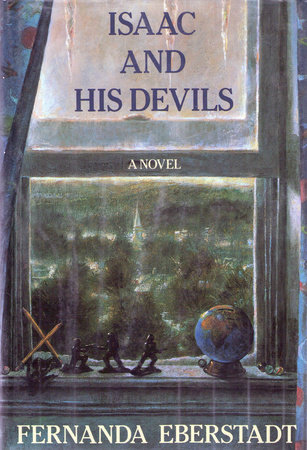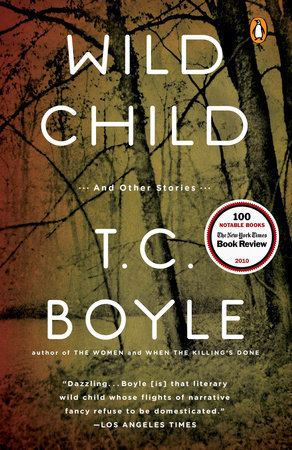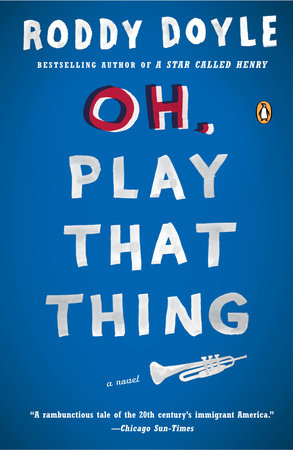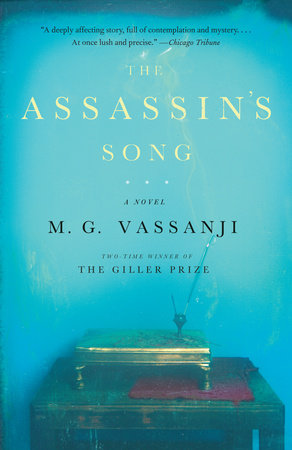





Author
M.G. Vassanji
M.G. Vassanji is the author of ten novels, three collections of short stories, a travel memoir about India, a memoir of East Africa, and a biography of Mordecai Richler. He is twice winner of the Giller Prize (1994, 2003) for best work of fiction in Canada; the Governor General’s Prize (2009) for best work of nonfiction; the Harbourfront Festival Prize; the Commonwealth First Book Prize (Africa, 1990); and the Bressani Prize. The Assassin’s Song was shortlisted for the Giller Prize, the Governor General’s Prize, the Writers Trust Award, and India’s Crossword Prize. Nostalgia, his dystopian novel, was a finalist for CBC’s Canada Reads. His work has been translated into Arabic, Dutch, French, German, Hindi, Italian, Japanese, Latvian, Portuguese, Spanish, Turkish, and Swahili. Vassanji has given lectures worldwide and written many essays, including introductions to the works of Robertson Davies, Anita Desai, and Mordecai Richler, and the autobiography of Mahatma Gandhi. In June 2015, MG Vassanji was awarded the Canada Council Molson Prize for the Arts.
Learn More about M.G. Vassanji